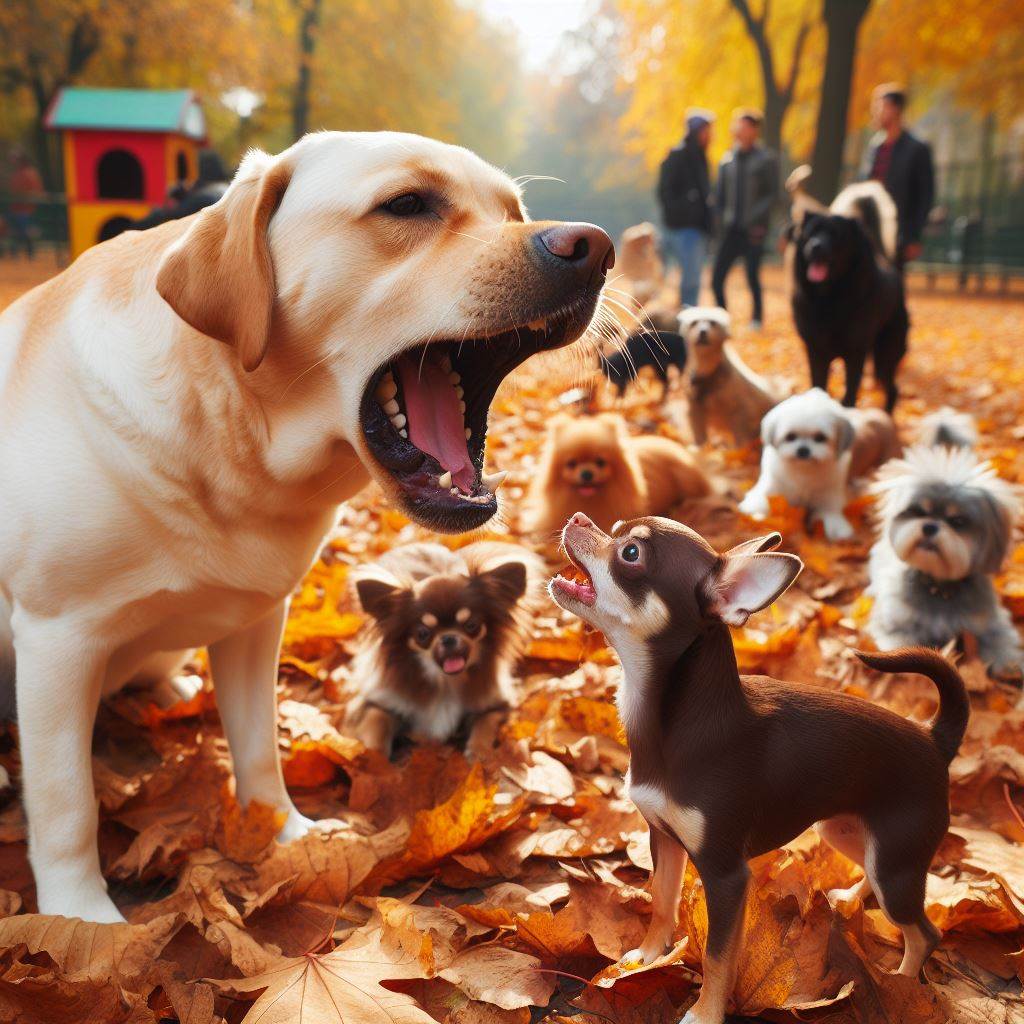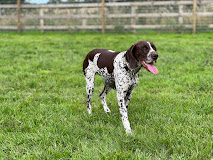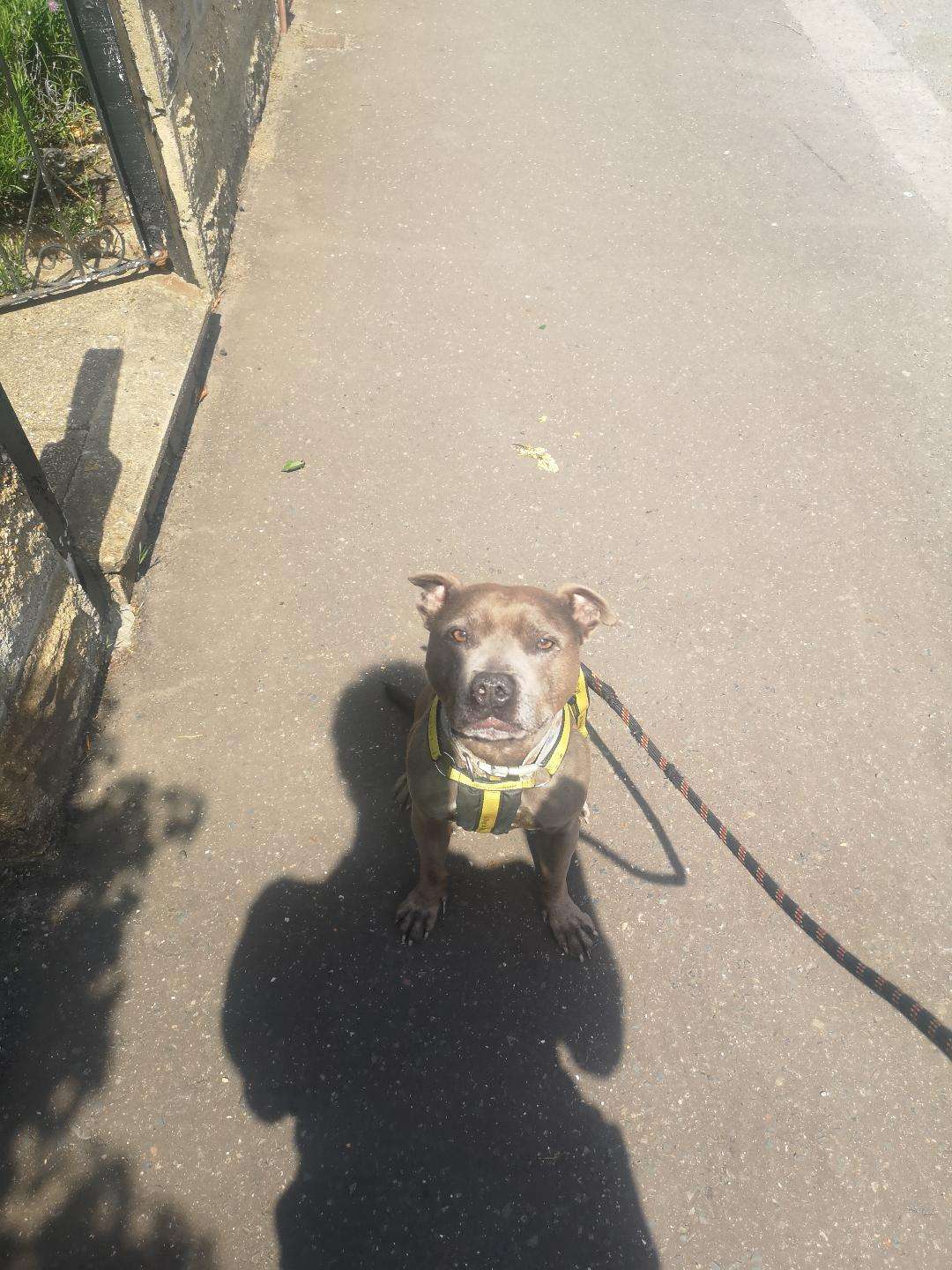“Our dogs are doing the best they can with the education we’ve given them in the environment we’ve put them in [and the mood they have]” Susan Garrett.
Lets start by looking at a story form my childhood. When I was young my mum introduced me to one of her friends who put they hand for me to sake and to much to everyone’s surprise, I hit her hand. Whoops!
What happened? I had never met this person so there was already this uncertainty. Then she bent over me adding further pressure and lastly putting the hand out with my mum telling me I needed to shake it was too much and quite unexpectantly to me and everyone else I hit the hand. Root cause I was put in the situation that I didn’t have the skills for which caused to me be stressed and the flight, fight freeze response kicked in.
A little about aggression
Did you know that aggression is caused by the activation of the ventral hippocampus – ventromedial hypothalamus as ordinally shown by Walter Hess that when stress is added to this system it would cause an animal to attacked and then when the system is no longer stressed they would simply stop as if the attack had never happened.
Now based that we understand better about aggression do we still think it is ok to punish aggressive behaviours when an animal may have done it without intension based on the situation that we have out them in or would this just add more stress?
So what are the things that we should be thinking about. Firstly is the dog in the right mood, to use the right skills and understanding for the situation we put them we.
The mood
Physical pain. Ever had a bad back or headache (etc.) and felt significantly grumpier as a result? This phenomenon occurs because, when we experience pain, our bodies (including those of dogs) produce stress hormones like cortisol. This hormone release encourages us to protect ourselves, which can sometimes lead to slightly more aggressive behavior.
For more information please check out this fanatic page and any concerns please speak to either your vet.
Sleep.
Did you know that a dog typically needs between 12 and 14 hours of sleep each day, not 16 to 20? However, this can vary depending on the dog’s age, breed, and activity level.
When a dog is tired, it can experience reduced cognitive function and less control over its moods. This can manifest as increased grumpiness, inattentiveness, or difficulty learning new things.
Stress levels. Did you know after a highly stressful event it can take between 36 to 72 hours for a dog’s stress level (cortisol) return to normal? After a stressful event it is important to give a dog the rest and peace of mind that they need, so it might be a good idea not to take them on a walk the following day as they will be more prone to aggressive behaviours. Also think about how often our dog may have a stressful event like seeing dogs or seeing people, these micro stressors can lead to stressed out dog.
Education
Skills: Does your dog possess the necessary skills to navigate our world calmly? For example, can they maintain composure after receiving lots of exciting cuddles and refrain from jumping up on you? Alternatively, can they calmly walk away from a potentially scary situation?
This is where dog training plays a crucial role. It’s best to start training in controlled environments and gradually introduce more complex situations as your dog progresses.
Understanding. The next important aspect of dog training involves establishing expectations for appropriate behavior in our world. This includes teaching your dog why they shouldn’t jump up on people or eat food off the floor.



